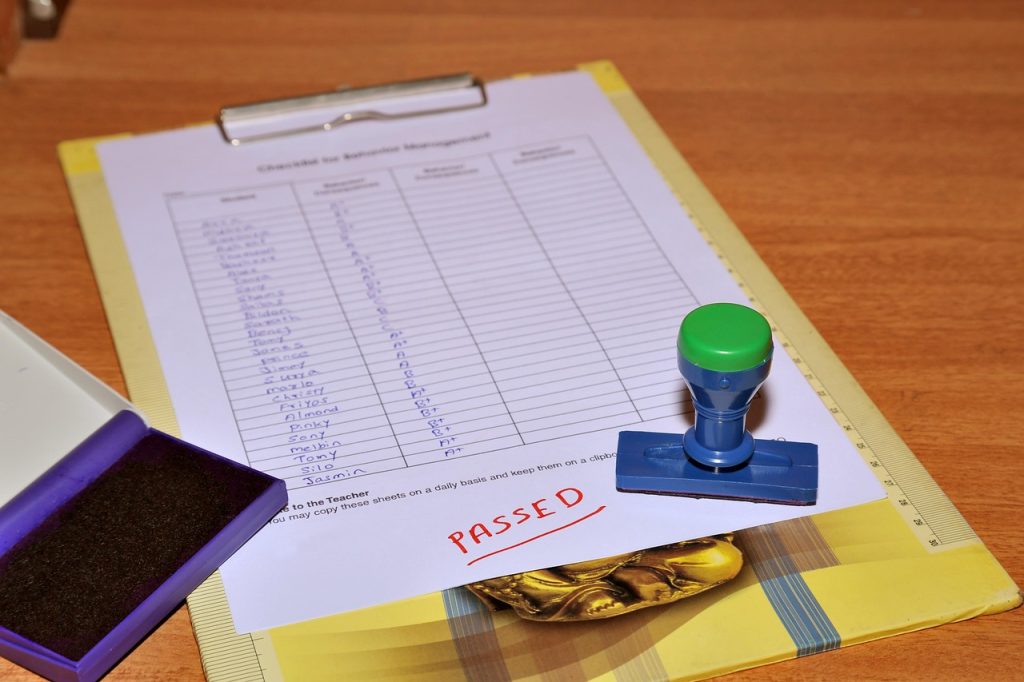7 Riveting Power of Keywords for a Smarter Way to Learn
Studying often feels overwhelming, with endless notes, long chapters, and looming deadlines.
Many students think they need to memorize everything to succeed, but there’s a smarter way: the power of keywords.
These essential terms or phrases summarize the core ideas of a topic, making it easier to understand, retain, and recall information.
By mastering the art of identifying and using keywords, students can simplify their study process and achieve better results.
Table of Contents
Building blocks
Keywords are the foundation of any lesson. They act as the building blocks of understanding, condensing entire paragraphs or chapters into memorable terms.
For instance, in a history lesson about World War II, keywords like “Allies,” “Axis Powers,” “Pearl Harbor,” and “Treaty of Versailles” highlight the most significant aspects of the topic.
Similarly, in a science class, terms like “photosynthesis,” “chlorophyll,” and “carbon dioxide” provide a clear outline of the subject.
These words guide students toward the most important information without the need to wade through unnecessary details.
Simplifies learning
What makes keywords so powerful is their ability to simplify learning. Instead of memorizing everything, students can focus on the critical points that tie the material together.
This approach not only saves time but also enhances understanding.
For example, when studying the water cycle, focusing on terms like “evaporation,” “condensation,” and “precipitation” helps students grasp the process as a whole rather than getting lost in lengthy explanations.

How to identify keywords
Identifying keywords is easier than it seems. They’re often bolded, italicized, or highlighted in textbooks, especially in headings or summaries.
Teachers also emphasize important terms during lectures, often repeating them or writing them on the board.
By paying attention to these cues, students can quickly pinpoint the words that matter most.
The more you practice spotting keywords, the more natural it becomes, allowing you to streamline your studies.
Tools to use
Once keywords are identified, they can be used in a variety of ways to make studying more effective.
Flashcards are a popular tool—write the keyword on one side and its definition or explanation on the other.
Another effective technique is mind mapping, where you place the keyword in the center and draw branches to connect it to related ideas.
Highlighting keywords in your notes or summarizing them in your own words can further strengthen your understanding and recall.
Mental triggers
Keywords also make information easier to remember during exams. They act as mental triggers, helping students quickly recall key concepts.
For instance, if an essay question asks about the causes of the American Revolution, remembering keywords like “taxation without representation,” “Boston Tea Party,” and “Intolerable Acts” provides a clear starting point.
This strategy boosts confidence and reduces the pressure of trying to remember everything.
Critical thinking skills
Using keywords not only improves efficiency but also builds critical thinking skills. By focusing on essential terms, students begin to see how ideas connect and form a bigger picture.
This approach helps with problem-solving, as it trains the brain to filter out irrelevant details and focus on what truly matters.
It’s a skill that extends beyond academics and becomes useful in everyday life.
Less effort better performance
Students who use keywords as part of their study routine often find that they perform better with less effort.
Instead of feeling overwhelmed by the sheer volume of material, they approach their studies with clarity and purpose.
This strategy also reduces stress, making studying a more manageable and even enjoyable experience.
Conclusion
In the end, the power of keywords lies in their simplicity.
They transform the way students learn, making the process more focused, efficient, and effective. By mastering this technique, students can take control of their education and achieve their academic goals with greater ease.
Keywords aren’t just a study hack—they’re a pathway to success.
School Hacks
Subscribe
Fresh insights and exclusive perks delivered straight to your inbox. Sign up now!








